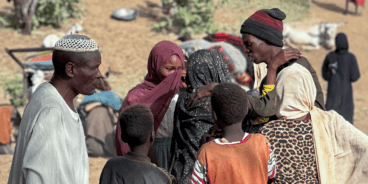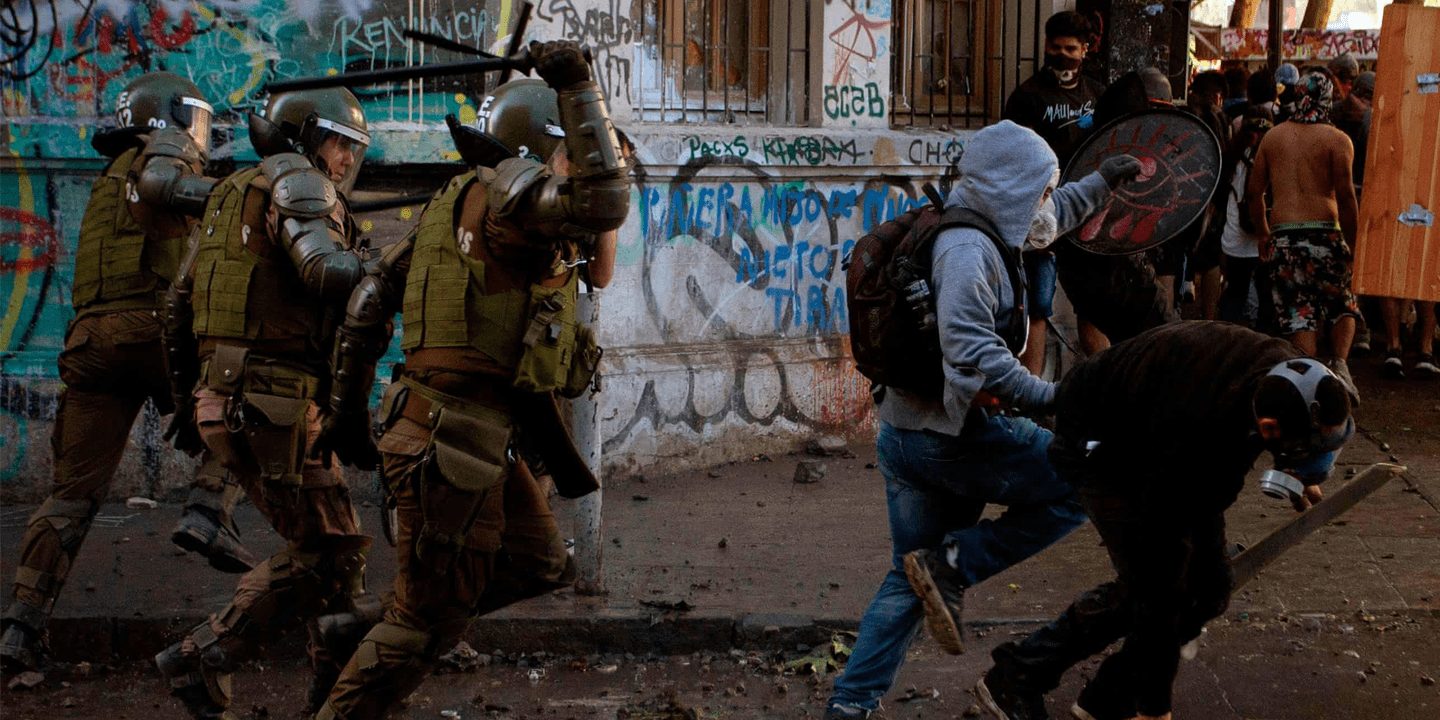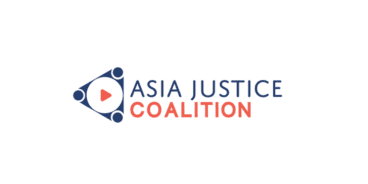

Atrocity Alert No. 182: Democratic Republic of the Congo, Chile and the ICC Assembly of States Parties
Atrocity Alert is a weekly publication by the Global Centre for the Responsibility to Protect highlighting situations where populations are at risk of, or are enduring, mass atrocity crimes.
Civilians demand protection as deadly attacks by ADF armed group continue in eastern Congo
Since the armed forces of the Democratic Republic of the Congo (FARDC) launched an offensive against the Allied Democratic Forces (ADF) on 30 October, the armed group has carried out a series of retaliatory attacks against civilians. According to the Kivu Security Tracker, at least 94 civilians have been killed in the Beni region since 4 November. The ADF has also kidnapped civilians and burnt a Catholic church.
Increasing civilian casualties have prompted protests in Beni by locals demanding greater protection from the FARDC and the UN’s peacekeeping mission, MONUSCO. Following news of an attack that killed at least eight people on Monday, 25 November, the demonstrations turned violent, with protesters burning the Beni town hall and damaging buildings within a MONUSCO base.
Later that day, President Felix Tshisekedi chaired an emergency National Security Council meeting attended by the head of MONUSCO, Leila Zerrougui, during which the government authorized joint operations between the FARDC and MONUSCO. Following the meeting UN Special Representative Zerrougui said that “unity, calm and determination must guide us to put an end to the criminal and cowardly actions of the ADF against civilians.”
The ADF, which has operated along DRC’s border with Uganda for more than 20 years, has a history of attacking civilians and perpetrating atrocities in retaliation for government offensives. Between October 2014 and January 2017 the ADF was accused of massacring more than 700 civilians in the Beni region. During a previous offensive suspected ADF fighters attacked the MONUSCO base in Semuliki, killing 15 peacekeepers and wounding more than 50. Since August 2018 the ADF has also been implicated in frequent attacks on medical facilities involved in treating a deadly Ebola outbreak in North Kivu Province.
As they battle the ADF, the FARDC and MONUSCO must ensure that the protection of civilians is prioritized. All attacks on civilians should be thoroughly investigated and any captured ADF leaders should be held accountable for atrocities perpetrated against the local population. The UN Security Council must also critically assess the growing threat facing vulnerable populations throughout the eastern DRC when it considers MONUSCO’s mandate renewal next month.
Chile’s security forces accused of deliberately wounding and blinding protesters
Since 18 October Chile’s security forces, including the army and national police, have responded to nation-wide protests with excessive use of force, in what some human rights groups have described as a policy of collective punishment. The protests initially started against an increase in public transport fares and persistent social inequality.
On 21 November Amnesty International described the security forces as engaging in “widespread attacks using unnecessary and excessive force with the intention of injuring and punishing protesters.” Amnesty International further warned that police officers had fired “potentially lethal ammunition in an unjustified, widespread and indiscriminate manner and in many cases aiming at people’s heads.”
At least 23 people have been killed and more than 7,000 individuals have reportedly been detained since the protests began. According to Chile’s National Human Rights Institute, over 2,800 people have been injured, many with gunshot wounds. The security forces’ reportedly reckless use of projectiles has also resulted in at least 232 people suffering serious eye injuries, including permanent blindness. Despite the official suspension on 19 November of “birdshot rubber pellets” for the purposes of crowd control, doctors have warned that they continue to be used.
The Public Prosecutor’s Office has also registered numerous allegations of sexual violence, as well as more than 1,100 complaints of alleged torture or ill-treatment at the hands of the security forces. An estimated 1,900 police have also reportedly been wounded during the protests.
The use of disproportionate and deadly force against protesters, as well as widespread allegations of sexual violence, torture and ill-treatment, poses a growing risk of potential atrocity crimes. While President Sebastián Piñera has promised that the security forces will be held accountable for the excessive use of force, the severe wounding, blinding and killing of protesters may indicate a policy of extreme measures authorized at the highest level of the security forces.
The government must ensure that any crowd control measures are consistent with international standards. The security forces must strictly comply with the principles of necessity, proportionality, legality and precaution to help prevent any further deaths or serious injuries. Almost 30 years after the end of Chile’s notorious military dictatorship, the authorities must ensure that the security forces uphold the universal right to freedom of assembly and act in strict accordance with their primary responsibility to protect Chile from returning to the systematic human rights abuses and violations of the past.
Governments to gather in The Hague to discuss international justice
Next week the annual meeting of the State Parties to the Rome Statute of the International Criminal Court will take place in The Hague. The Assembly of States Parties (ASP) from 2-7 December brings together delegates from all 122 states that have joined the International Criminal Court, as well as international lawyers, academics and other experts, to discuss important issues related to strengthening international justice.
On the sidelines of the ASP, the Global Centre is co-hosting two events to discuss how to pursue justice for the victims of atrocity crimes in Myanmar and Venezuela. On 5 December the Global Centre is co-hosting Accountability for International Crimes Committed against Ethnic Minorities in Myanmar, together with the government of Liechtenstein and our partners at the Global Justice Center, as well as the European Center for Constitutional and Human Rights and the Women’s Initiatives for Gender Justice. The following day, 6 December, the Global Centre, together with Defiende Venezuela and Un Mundo Sin Mordaza, is hosting Paths to Justice and Accountability for Venezuela. All attendees of the ASP are welcome to join these events.
Between 10-12 December the International Court of Justice (ICJ) in The Hague will also be holding its first hearings regarding The Gambia’s case against Myanmar for violating its obligations under the Genocide Convention. The ICJ could potentially order Myanmar to implement provisional measures related to its obligations under the Convention. Provisional measures are binding on the party against which they are ordered, and compliance can be monitored by both the Court and the UN Security Council.
The historic lawsuit filed by The Gambia on 11 November seeks to determine Myanmar’s responsibility for the genocide against the Rohingya minority. As the Global Centre’s Executive Director, Simon Adams, told the Associated Press, “The international community failed to prevent a genocide in Myanmar, but it is not too late to hold the State of Myanmar accountable for its crimes.”
Related Publications


Populations at Risk, March 2025
